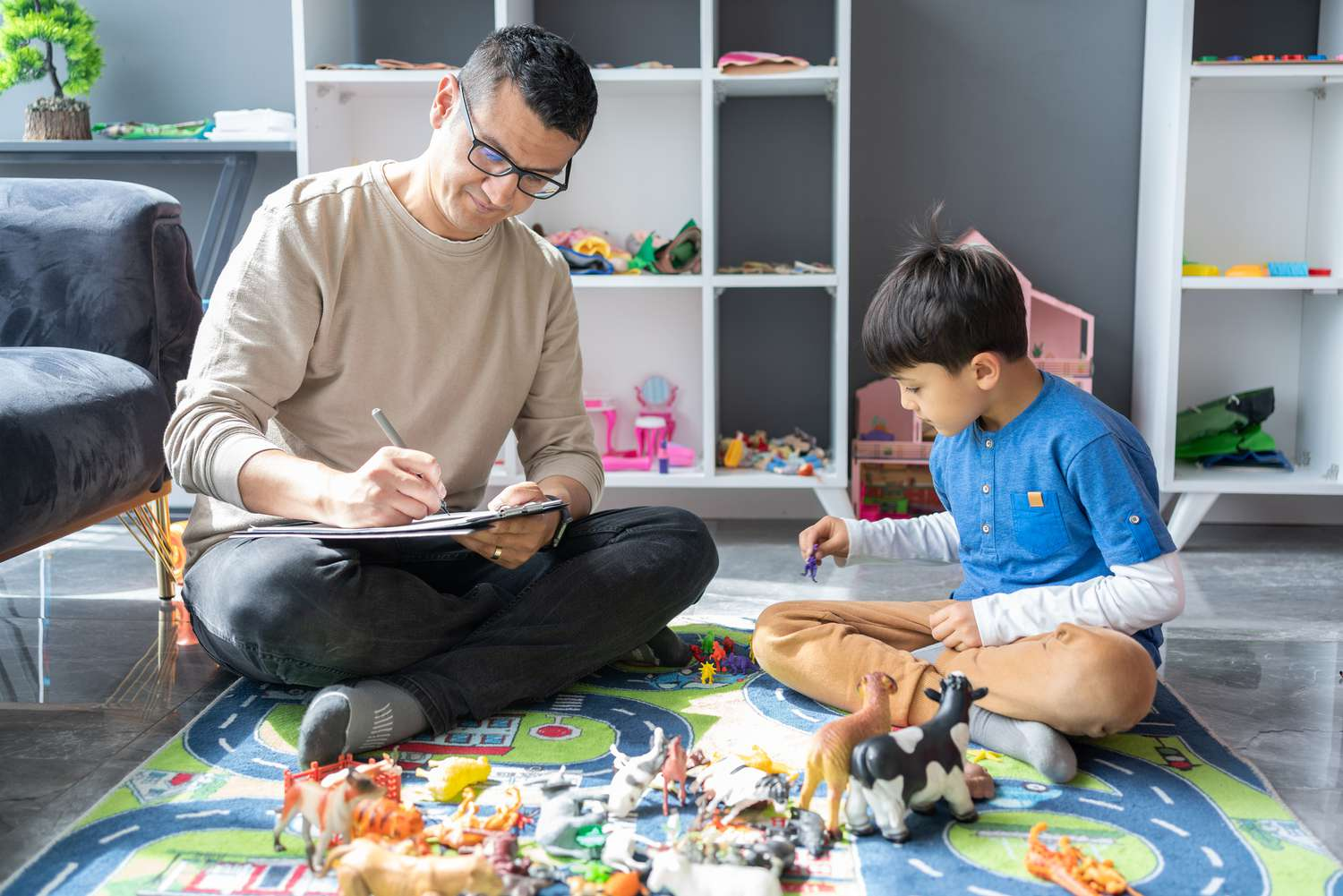Children’s behavioral and emotional well-being is crucial for their overall development. Sometimes, children exhibit behaviors that may indicate the need for professional help from a behavioral therapist.
Recognizing these signs early can lead to timely intervention and support. This article outlines the key indications your child might benefit from visiting a behavioral therapist.
Signs that Your Child Needs to Visit a Behavioral Therapist
If your child depicts the following signs, he or she might need to visit a behavioral therapist.
- Frequent Tantrums
While occasional tantrums are normal, frequent and intense tantrums that seem disproportionate to the situation might indicate underlying issues. Professional guidance may be necessary if tantrums occur multiple times a day and disrupt daily activities.
- Defiance and Oppositional Behavior
Consistently defiant or oppositional behavior, where the child often refuses to follow rules or comply with requests from authority figures, can be a sign of behavioral problems. This behavior might indicate oppositional defiant disorder (ODD) or other underlying issues.
- Excessive Anxiety
If your child is constantly worried, fearful, or anxious, especially in situations that do not typically cause such reactions, this could be a sign of an anxiety disorder. Symptoms might include frequent stomachaches, headaches, and avoidance of social situations.
- Persistent Sadness or Depression
Persistent feelings of sadness, hopelessness, or loss of interest in activities they once enjoyed can be indicative of depression. If your child frequently appears unhappy, lacks energy, or talks about death or self-harm, seeking help from a behavioral therapist is crucial. Play therapy can also be a good solution for them.
- Difficulty Making Friends
Struggling to make or keep friends and exhibiting social withdrawal are significant signs. Children who have difficulty understanding social cues or frequently experience conflicts with peers might benefit from social skills training with a therapist.
- Bullying Behavior
Children who bully others or are frequently involved in fights or aggressive behaviors might act out due to underlying emotional or behavioral issues. A therapist can help address these behaviors and underlying causes.
- Decline in Academic Performance
A sudden or consistent decline in academic performance, despite apparent effort, can be a red flag. Behavioral therapists can work with children to develop better-coping strategies, improve focus, and address learning disabilities.
- Developmental Delays
Delays in reaching developmental milestones, such as speech, motor skills, or cognitive abilities, can benefit from early intervention. Behavioral therapists can provide tailored support to help children catch up with their peers.
- Regressive Behaviors
Returning to behaviors typical of a younger age, such as bedwetting, thumb-sucking, or clinginess, can indicate stress or trauma. These behaviors often signal that the child is struggling to cope with changes or emotional distress.
- Impulsive and Hyperactive Behavior
Excessive impulsiveness, hyperactivity, or inability to stay focused might indicate attention-deficit/hyperactivity disorder (ADHD). Behavioral therapy can help children develop better self-control and organizational skills.
- Frequent Physical Complaints
Complaints of physical ailments like headaches, stomachaches, or other unexplained pains without a medical cause can be manifestations of emotional distress. Behavioral therapy can help address these psychosomatic symptoms.
- Stressful Family Situations
Significant changes or stressors in the family, such as divorce, a new sibling, or a move, can impact a child’s behavior. Child Behavioral therapists can support children in processing these changes healthily.
- Parental Concerns
Sometimes, parental intuition is the best indicator. If you feel something is wrong with your child’s behavior or emotional state, consulting a professional can provide clarity and direction.
Conclusion
Recognizing the signs that your child may need to visit a behavioral therapist is the first step toward getting them the help they need. Persistent behavioral issues, emotional distress, social difficulties, academic and developmental concerns, changes in behavior, physical symptoms, and stressful family dynamics are all indicators that professional intervention might be necessary.
Early intervention by a behavioral therapist can provide children with the tools and support they need to thrive emotionally and behaviorally, leading to better overall well-being and development. If you notice any of these signs, do not hesitate to seek professional help for your child.

Ruby Stauffer is a prominent technology blogger known for her insightful analysis and in-depth reviews of the latest tech trends and gadgets. Her blog has become a go-to resource for tech enthusiasts seeking reliable information and expert opinions on the ever-evolving world of technology.

